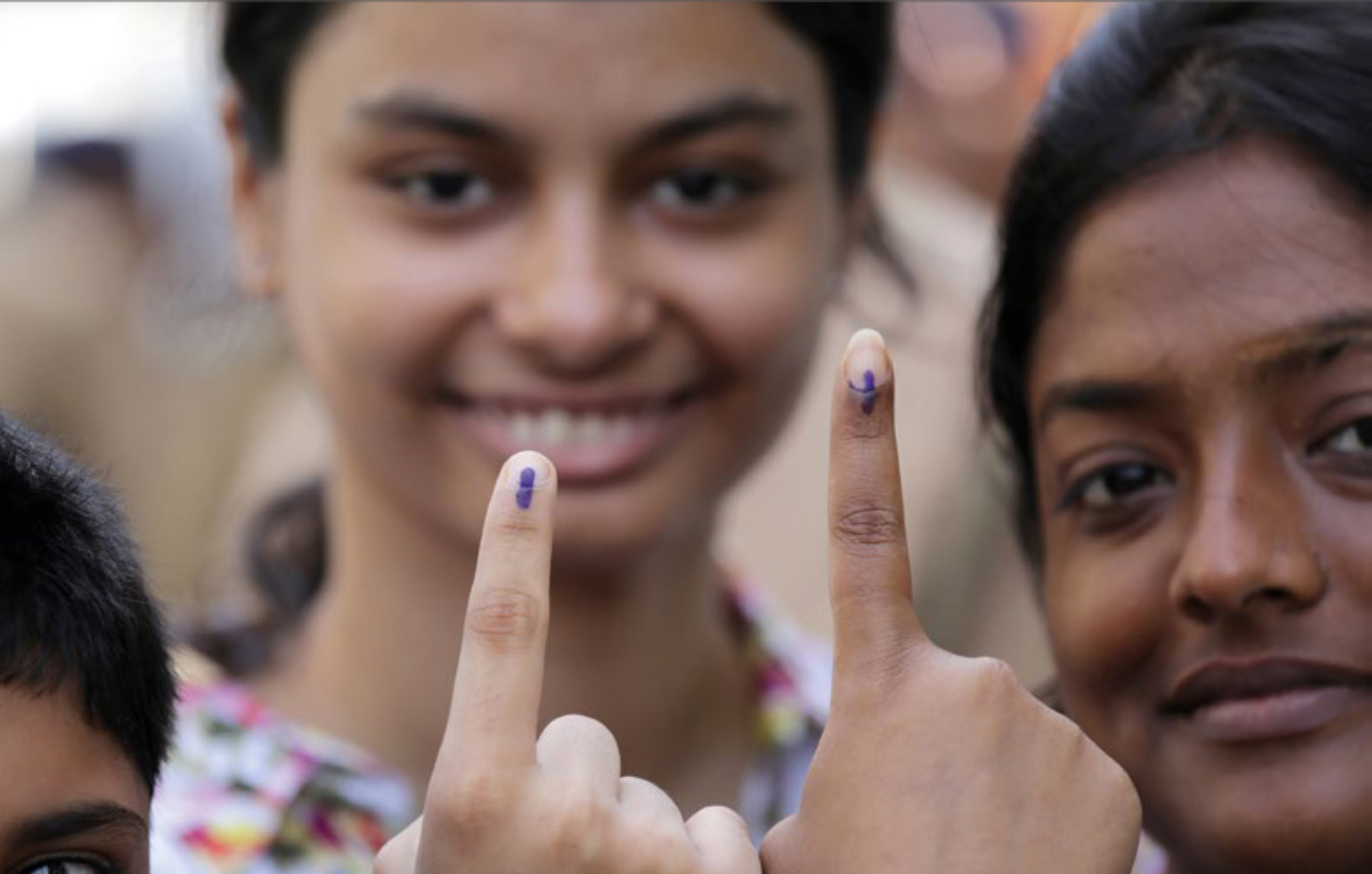Participation in public life by rights holders and organizations that represent them is a fundamental principle of human rights. Participation also improves the efficacy of political systems, as well as policy development and implementation. Civil society space is therefore a threshold issue, not only for human rights, but also for development and peace and security more broadly. When civil society sits at the table, policy-making is more informed, effective and sustainable. Each advance in protecting civic space has a positive ripple effect for communities and individuals and their rights.
Civic space and civil society participation make critical contributions to the effective prevention of conflict and the fight against impunity and corruption. Jailing critics and suppressing peaceful dissent does not make societies safer: it drives legitimate and constructive opinion underground and deepens grievances. The freedom to speak out to criticize government policies and demand government accountability accelerates innovation and economic progress.
Yet civil society actors, including those who cooperate with the UN, are facing a push back across the world. Attacks on human rights defenders, including environmental activists, continue and in many places are worsening. Inequalities and discrimination are among the main obstacles that prevent people from exercising their right to participate. For historically marginalized groups, space that was already limited is shrinking further. While new technologies and interconnectedness have helped civil society networks to grow, including across borders, they have also created new excuses to control civil society movements and speech, often under security pretexts.

